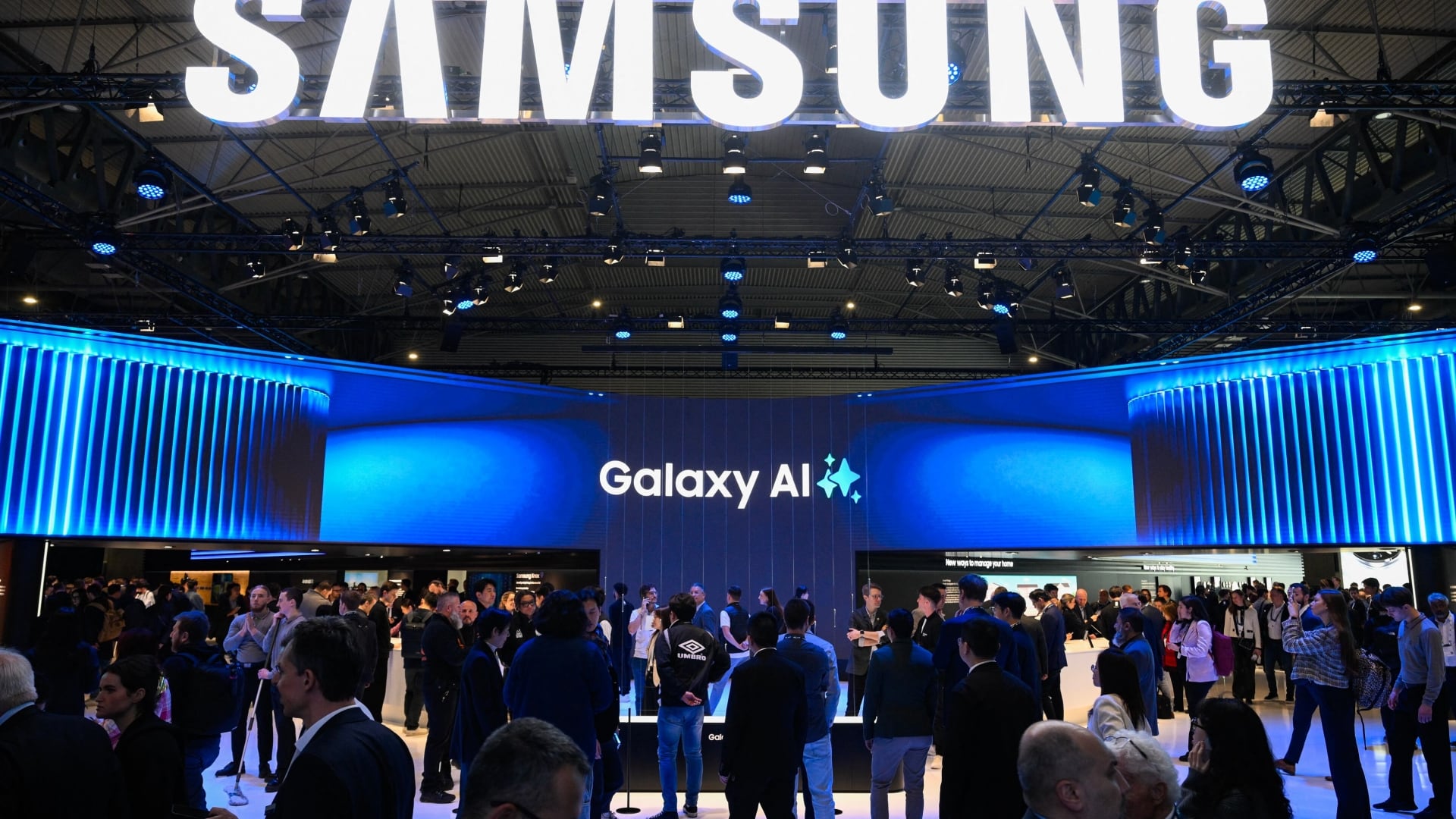By Matt Ott
Fewer Americans applied for jobless claims last week as the labor market continues to thrive despite the Federal Reserve's efforts to cool the economy and tamp down inflation.
Applications for jobless claims in the U.S. for the week ending March 11 fell by 20,000 to 192,000 from 212,000 the previous week, the Labor Department said Thursday.
The four-week moving average of claims, which flattens out some of week-to-week volatility, fell by 750 to 196,500, remaining below the 200,000 threshold for the eighth straight week.
Applications for unemployment benefits are seen as a barometer for layoffs in the U.S.
In a note to clients, analysts at Oxford economics said there are still few signs that the recent jump in layoff announcements, particularly in the tech sector, is translating to a rise in unemployment.
“Many announced layoffs don’t end up happening, and those that have been laid off are quickly finding work elsewhere, reflecting the ongoing imbalance between labor demand and supply,” the analysts wrote.
At its February meeting, the Fed raised its main lending rate by 25 basis points, the eighth straight rate hike in its year-long battle against stubborn inflation. With recent data showing that those rate hikes have done little to bring down inflation and even less to cool the economy and labor market, many analysts were expecting the Fed to raise rates by another half-point when it meets next week.
However, the second- and third-largest bank failures in U.S. history over the last week — which have been blamed in large part to rising interest rates — have some economists thinking Fed officials will tread more lightly next week and either raise its rate by 25 basis points or perhaps not at all.
The central bank’s benchmark rate is now in a range of 4.5% to 4.75%, its highest level in 15 years. Before the banking sector turmoil that began last week, the Fed had signaled that two more rate hikes were likely this year. Some analysts had even forecast three increases that could push the lower end of that rate to 5.5%.
The Fed’s rate increases are meant to cool the economy, labor market and wages, thereby suppressing prices. But so far, none of those things have happened, at least not to the degree that the central bank had hoped.
Inflation remains more than double the Fed’s 2% target, and the economy is growing and adding jobs at a healthy clip.
Last month, the government reported that employers added a substantial 311,000 jobs in February, fewer than January’s huge gain but enough to keep pressure on the Federal Reserve to raise interest rates aggressively to fight inflation. The unemployment rate rose to 3.6%, from a 53-year low of 3.4%.
Fed policymakers have forecast that the unemployment rate would rise to 4.6% by the end of this year, a sizable increase historically associated with recessions.
Though the U.S. labor market remains strong, layoffs have been mounting in the technology sector, where many companies overhired after a pandemic boom. IBM, Microsoft, Amazon, Salesforce, Twitter and DoorDash have all announced layoffs in recent months.
Earlier this week, Facebook parent Meta said it was slashing another 10,000 jobs, in addition to the 11,000 culled in November. The social media giant also said it would not fill 5,000 open positions.
The real estate sector has taken the biggest hit from the Fed’s interest rate hikes. Higher mortgage rates — which have risen closer to 7% again in recent weeks — have slowed home sales for 12 straight months. That’s almost in lockstep with the Fed’s rate hikes that began last March.
About 1.68 million people were receiving jobless aid the week that ended March 4, a decrease of 29,000 from the week before. That number is close to pre-pandemic levels.













